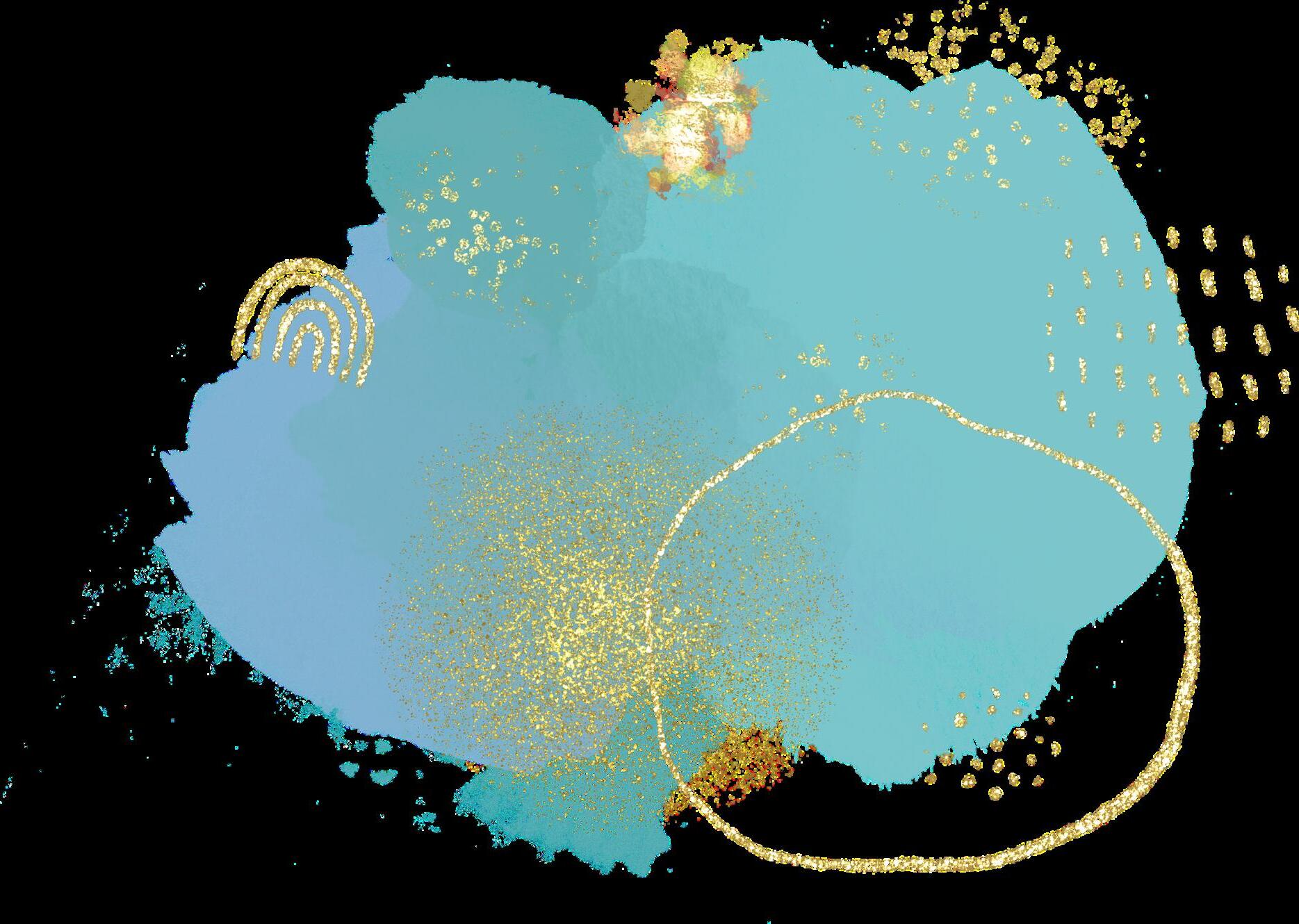





Dr. Kelly has helped thousands of people on their journey to wellness. From medical mysteries, chronic illnesses, hormone & thyroid concerns, gastrointestinal issues, immune dysfunction and autoimmune diseases; there are few internal medical issues Dr. Kelly has not tackled.
She specializes in providing personalized, compassionate care, working on several levels to improve patient’s quality of life and simultaneously, investigate the root causes of the dysfunctions. Her calming, gentle nature has brought many people comfort on their healing journeys.
Kelly K McCann, MD





You may have heard the words ‘mast cell’ before, but unless you’ve been in a biology class recently, you probably don’t know what it really is.

Mast cells have several jobs:
Integral to maintaining the blood barrier (Due to their proximity to the blood vessels)
Assist with wound healing and vasodilation Most importantly, they are the “first responder” for the body.
Mast cells are a vital part of the immune system.
They are created in the bone marrow and move into almost all tissues You can find mast cells in your mouth, ears, eyes, skin, gut, lungs, nerves, ligaments, tendons, bones, and, most importantly, the brain.
If it feels to you like mast cells are just everywhere in your body, you would be right.
Mast cells line the areas of interface between ourselves and the outside world.
Mast cells are different from other kinds of immune cells. Unlike white blood cells, when mast cells are mature, they tend to stay in the same place in the body. White blood cells tend to move to specific areas such as the lymph nodes Mast cells, however, are all over the body, especially in those areas of interface. Because of this, whenever pathogens or foreign invaders or toxins enter the body, mast cells alert the rest of the immune system and call in the troops to defend you.

Butthisfunctionisalsowhy MastCellActivationSyndrome occurs.



You’ve heard the phrase ‘too much of a good thing’ before right? Well that’s basically what Mast Cell Activation Syndrome is.
Your mast cells have the important job of spotting foreign invaders and alerting the rest of the immune system to pathogens. But sometimes, mast cells become hypervigilant, seeing threats when there may be none. An excellent example of this is when you eat some of your favorite foods and have an allergic reaction that you’ve never had before.
Mast cells contain special packets or chemical messengers called granules. These granules contain hundreds if not thousands of chemical messengers known as mediators.
This process of releasing mediators is called degranulation. One of the most well-known mediators is histamine. Common histamine reactions include swelling, redness, hives, and itching. All the things you might experience if you have an allergic reaction or when you get a bug bite.
Mast cells should be doing their jobs, they should be alerting to pathogens and invaders, but when MCAS starts, they aren’t just responding to threats anymore. Benign things will trigger one cell, which will start to trigger other mast cells into responding Almost like a forest fire, an inflammatory cascade will start, and you are left caught in the burn.


There are many different triggers for MCAS, and they all come from unique situations from lifestyle choices or genetic backgrounds.
What you eat is so important when it comes to MCAS, because many mast cells reside in the gastrointestinal tract And with MCAS, the food you eat can easily trigger your mast cells, even if you are not allergic to those foods.
High histamine foods are the typical triggers for MCAS, which makes navigating a healthy diet very tricky. I’m sure you have heard about the benefits of fermented foods, haven’t you? The importance of the healthy bacteria from yogurt and the miraculous healing of kombucha. Turns out that fermented foods are super high in histamines, and those foods that you were told were ‘good for you’ turned out to be one of the things triggering your mast cells into going haywire.





Chemicals like PCBs, pesticides, phthalates, solvents, flame retardants, air pollution, as well as common chemicals found in cleaning agents and personal hygiene products can all trigger MCAS. Some of these chemicals, such as PCBs are no longer available for use in the US, however, they are often found in our food supply and in the environment.
Other things, like pesticides and cleaning products, you may use to get rid of weeds, or clean your home, or reduce the threat of illness, but inadvertently you are creating more problems for you and your family.




Mold is a very tricky kind of fungi that can pervasively grow in your home without you realizing it. It can be hard to spot water damage, but anywhere there is moisture and food sources for mold growth such as wood and sheetrock, there is the possibility of mold and fungi.
Mold and the toxins these mold produce can lead to many health effects and trigger MCAS It’s important to check your house frequently for any signs of mold and moisture, and to use air purifiers to promote healthy circulation of the air in your home.

Hormone imbalances such as menopause
Lack of sleep
Drinking alcohol
Surgery
Injuries
Traumas
Infections such as Lyme disease or even COVID

Heavy Metal Toxicity
Stress




First, I want you to rework your idea of what a symptom is Instead of thinking of symptoms as a nuisance, I want you to be grateful for them as the signals your body is sending you to give you a message for help. I want you to listen to the messages given, look for the deeper meanings behind the symptoms.
General ill feeling
General Fatigue
Frequent Sensitivities to foods
Sensitivities to fragrances, light, sound
Sensitivity to electromagnetic frequencies (EMF) such as wifi or your cell phone
Poor wound healing
Allergy style reaction Hives Itching Sweating Dry or Irritated Eyes
Rashes
Burning pain on mouth
Cough
Bone and Joint pain
Headaches
Mood Disturbances and Anxiety
Low Blood Pressure
Rapid Heart Rate
Nausea and Diarrhea

You might have all of these symptoms, or you might have none of them You could have a set of symptoms all unique to you and how your body reacts when it thinks it's under attack, so it’s important to do your own research now that you have a base understanding of what a person with MCAS might suffer from.

How do I know I have it? How can I get a diagnosis?
MCASisnotoriouslyhardtodiagnose. Notonlyisitafairlynewdiagnosis,only becominganofficialdiagnosable diseasein2016,it’salsoadisea caneasilycamouflageitself.
Sixscientistsareblindfoldeda intoaroomwithanelephant themisonlygivenonepartof elephanttostudy,andtheye todifferentconclusionsonwh objectinfrontofthemmight Thescientistgiventhetuskth objectisaspear. Thescientistgiventhetrunkt mightbeasnake…andsofor

Eachofthemcomestodiffere conclusions,becausethey’rea atdifferentinformationaboutthe samething.
The same thing happens when it comes to diagnosing MCAS.

Western medicine typically takes the approach of specialists for diagnosis Specialists only focus on specific details, and they might miss the bigger picture of a body in distress. Like the scientists with the elephant, a specialist might diagnose a person with Fibromyalgia, or POTS, or worse yet, they might just say you’re getting old, and this is ‘what happens’. It might get incredibly frustrating to be told things like this, to be constantly given a new disease to try and wrangle, all the while still feeling as bad as you did at the start.

Chronic symptoms affecting multiple systems. This is the most important guideline, and without this, it would be counterproductive for you to continue to find a MCAS diagnosis.

Ruled out mastocytosis and other major medical conditions. If it turns out you don't have any other major conditions, then hopefully you will be able to get a diagnosis of MCAS.
Regardless of if you ever receive a formal diagnosis, I don’t think you should ever throw away the potential that you might have MCAS. If the treatments you are getting for other conditions aren’t helping, you might need to go back and ask for more help.





d ‘symptom’, ange the way word ‘cured’. Is it completely eradicating a problem? Is it managing symptoms but never achieving full satisfaction with life?
I want you to think of a cure in the purest form of the word:
Standard research says that there is no cure for Mast Cell Activation Syndrome. Mast cells are all over the body, and you’ve learned about the large number of triggers that can start over-activating them. There may be no way to completely reverse the effects of the triggers that create MCAS, but you can make changes to cure yourself.


You can remove the triggers from your environment, you can recover, and you can open yourself up to a higher quality of life that you might have not believed possible. It’s not just about suppressing symptoms or waiting for a magic fix that might never happen, it’s about taking action for yourself and putting your health and wellness in its rightful place at the top of your priorities
MCAS is an illness with extreme heterogeneity. It is as unique to you as your fingerprints are There might never be a fix that will work for every single person, but I promise you, there is a cure for every person with MCAS.

This is why I say be grateful for your symptoms. Every time you have an adverse reaction to any kind of product (food, personal hygiene, medication, etc ) you have an opportunity to potentially identify yet another one of the triggers that are further activating your dysfunctional mast cells. Once you’ve identified triggers, you can learn to avoid them, or even start to regain some form of tolerance over them.

When it comes to foods, I always suggest a lowhistamine diet. (I even have some great recipes,
and a foods list one page for you to print out and put on your fridge!) Low Histamine diets are great for people who might have MCAS, because you are lowering the amount of histamine already in your system. Switching to products without fragrance will also lower the chances of triggering your overactivated cells.



Once you feel back in control of your body, you can potentially try some desensitization therapies, but that’s farther down the line. The thing to focus on now is the present issue, not the future
Steroids are an option, but NSAIDS can potentially work (It is important to go low and slow with these medications though, as they can also be possible triggers). It’s also important to start looking at potential supplements to incorporate into your routine. That’s why I’ve also made a supplement review in addition to this eGuide.
Find the resources mentioned and more on the next few pages


You are the authority on your body. You have agency, freedom, and, above all, information
It might feel like you’re standing in front of the mountain now, but you aren’t by yourself
Use what you know now as your foundation to start taking small steps everyday, and before you know it you’ll be standing at the top staring down.



There is still a lot we don’t know about MCAS, but with support and with a community of others around you who are also working their hardest to get better, I have no doubt you will be successful. I hope that this eGuide is a good starting point, and it has given you a solid foundation going into the summit that is to come.
SIGN UP NOW









